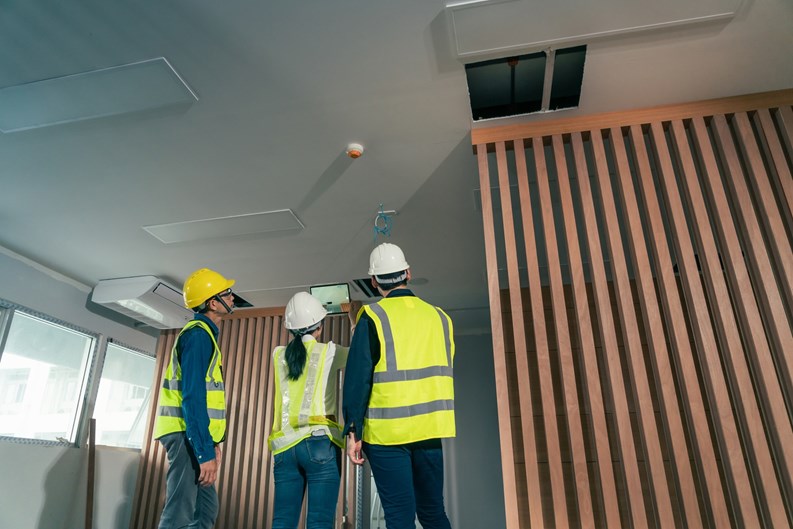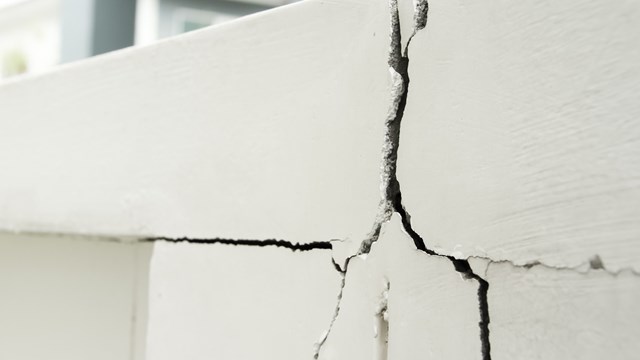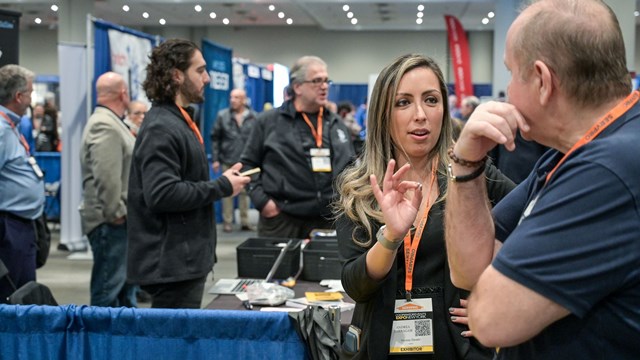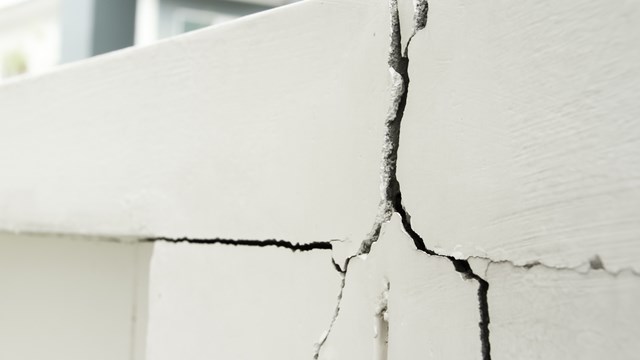Throughout history, tragedies have often triggered a response in our laws and codes. One salient example that significantly changed the course of building codes was the 1911 Triangle Shirtwaist Factory fire in New York City. That fire took the lives of 146 garment workers because the factory’s owners typically kept exit doors locked, trapping workers in the building when flames broke out. The Triangle Shirtwaist Factory fire triggered the need for much stricter codes around exits and emergency escape routes in commercial and residential buildings. In a more recent example, after Hurricane Andrew in 1992, Florida wrote significantly stricter wind loading requirements for Miami-Dade and Broward counties into the Florida Building Code. These counties are now in what the Code calls a High Velocity Hurricane Zone, and building construction there must comply with its standards and specifications.
The loss of 98 precious lives in 2021 at Champlain Towers South in Surfside is yet another example. This contemporary event prompted the drafting of recently passed Senate Bill 4D (SB4D), which requires all condominium and cooperative buildings three stories and higher, and 30 years or older (25 if within three miles of the coast), to be inspected for structural soundness by an engineer or architect by December 31, 2024, and every 10 years thereafter. In addition to this structural inspection - known as the “milestone inspection” in the new law - SB4D also requires the inspector to prepare a proper structural reserve study based upon the licensed professional’s determination of the useful life and replacement cost of specific building systems affecting the structure, or any structural item likely to exceed a replacement cost of $10,000.
The purpose of the milestone inspection law is to provide a standard level of safety for occupants in an aging housing stock. While no law is perfect as-written, this one seems to serve that purpose; however, there are still many gray areas that leave compliance up for interpretation. For example, while the law requires that inspections be completed by an architect or engineer licensed to practice in Florida, it leaves the methodology of the inspection - as well as the resulting report - to the inspecting professional him- or herself .
This could easily lead to a scenario in which architects or engineers descend on Florida to perform these inspections for low fees based on the volume of work rather than the thoroughness of the structural inspection. For this reason, it would be prudent for condo boards to properly vet the inspecting professionals. Some key points to look for:
Do they have prior experience inspecting the type of structure they will be looking at (e.g., concrete, wood, steel)? Can they provide examples of reports prepared for other buildings with a similar structural system?
If you’re in a high-rise building, does the inspecting professional have experience designing high-rise or supertall buildings? These buildings tend to have unique issues that only professionals knowledgeable in their movement can identify.
How many building failures has the reviewing engineer investigated in his or her career? If they have investigated building failures, chances are they are more likely to understand the mechanism of failure, and can identify the signs needed to mitigate future failures.
Engineers Come in Many Types
Condo boards are generally made up of individual unit owners who volunteer their time and are elected to make decisions on behalf of the building or association. Condo board members are not required to possess any specific skills or education to serve, so a board could consist of individuals who may not fully understand their building’s maintenance requirements.
Nor do many of these individuals know what it takes to become a licensed engineer or architect, or that there are significant differences between—and even within—these professions. Just because an engineer obtains a license to practice engineering in Florida, it does not mean they are knowledgeable about the structural systems of a particular building or building type. Some engineers obtain degrees in civil engineering, which is a broad category, and may only have experience designing roadways and drainage systems; yet under SB4D, as long as they have a license to practice in the state, that professional can offer structural inspection services.
Like doctors, engineers are specialists. If someone has a heart problem, they will likely seek the services of a cardiologist. This is similar in engineering. If a building has a structural problem, it makes sense to seek the services of a structural engineer. An electrical or mechanical engineer would not possess the skills to assess the building’s structural system, any more than a dermatologist could effectively assess a heart problem.
The milestone inspection law also allows architects to provide the necessary inspections. Continuing the same medical analogy, if an engineer is a specialist, an architect is more of a generalist. When your general practitioner finds a medical issue outside their area of expertise, they will direct you to a specialist. Similarly, if an architect detects a structural issue, they’ll recommend review by a structural engineer. For SB4D to achieve its objective, and if condo owners want assurances that their building is safe, the structural milestone inspection and assessment should be conducted by a structural engineer (and this advice is coming from me, a Florida-registered architect and member of a condo board).
Structural Reserve Study
It is typical for condominiums and cooperatives to prepare a reserve study to determine their annual budget and to properly plan for future expenses. These studies are generally done by companies or individuals with knowledge of buildings and building systems, or directly by the condo board. Prior to the passage of SB4D, an assessment by an engineer was not a requirement - but the law now requires that an engineer or architect inspect, determine the useful life of items that could affect the building’s structure or structural integrity, and provide an estimated cost to cure the item. In addition to requiring a licensed individual to perform this study, the law now calls for condo boards to properly fund the repair of structural issues. Failing to properly fund reserves would now be considered a breach of fiduciary responsibility, which in turn could lead to boards bearing personal liability for any resulting damage.
Determining the cost of replacement or the remaining useful life of certain items in a building is something a board is able to manipulate to keep costs down for its owners, supplementing, with special assessments when necessary, or simply delaying the repair or replacement. For example, a roof may need replacement, but the association doesn’t have full funds to do the project, so they delay it for another two years. This allows the roof to leak, and causes damage to structural components. With the new law, this scenario would not occur. If the professional inspecting the building and preparing the structural reserve study determines the need for a roof replacement, the board is now required to take action. Funding must be found, or the board members could be personally liable for the damage—hence the reason why condo life in Florida just got significantly more expensive for those condos and co-ops that chose to defer maintenance to keep maintenance fees low.
As professionals in these fields, we applaud the Florida legislature for passing SB4D. In this country, in this day and age, it is simply unconscionable for buildings to collapse from delayed maintenance or sheer neglect. In time, there will be many reasons suggested and excuses made for the causes of the Champlain Towers South tragedy - but deferring needed structural repairs by an unsuspecting board is clearly at the forefront – and was the impetus for this new law. If the licensed professionals, local authorities having jurisdiction, condo management companies and condo boards all do what is required SB4D, such tragedies should be averted. For some condo and co-op buildings, performing the required repairs will be costly; so costly that some may go bankrupt or be forced to sell the entire building. Where condo living in Florida used to be the least expensive housing type, it might just now become the priciest, but it’s a price we need to pay for the safety of building occupants.
Based in Florida, Richard Vivenzio is a senior vice president and forensic architect at Thornton Tomasetti.










Comments
Leave a Comment